IAEA says has no evidence of Iran’s ‘building a nuclear weapon’
The head of the International Atomic Energy Agency (IAEA) has said the United Nations nuclear watchdog had no evidence pointing to Iran’s underway development of a nuclear weapon.
Rafael Grossi made the remarks on Wednesday on the sidelines of the World Economic Forum in Davos, Switzerland.
The remarks verified the nuclear body’s record of invariably verifying non-diversion and peaceful nature of the Islamic Republic’s nuclear energy program.
Grossi, however, reiterated the body’s apparently-Western-driven propaganda claiming that the country had accumulated a vast amount of enriched uranium, which was "very, very close" to weapon-grade.
The allegations, however, run directly counter to Iran’s insistence of implementing its doctrine of non-pursuance of non-conventional arms as per religious concerns and a relevant fatwa (religious decree) issued by Leader of the Islamic Revolution Ayatollah Seyyed Ali Khamenei.
In December, the country’s security chief asserted that the Islamic Republic’s nuclear doctrine of pursuing peaceful energy and opposing pursuance of atomic weapons had remained “unchanged.”
“Based on the relevant observation of Iran’s Leader Seyyed Ali Khamenei, the country’s nuclear doctrine has remained unchanged,” said Ali-Akbar Ahmadian, head of Iran’s Supreme National Security Council (SNSC).
Grossi also repeated other Western claims about Iran’s alleged insufficient cooperation with the IAEA.
“We have not been having the full cooperation of Iran in clarifying a few important things about the past and perhaps the present activities," he said.
Back in November, the United States and its allies pushed the IAEA’s Board of Governors into passing a resolution, which repeated the unfounded accusations against the Islamic Republic of such alleged insufficient cooperation.
The accusations fly in the face of the actual level of Tehran's cooperation with the body, which has increased in frequency and quality over the past years.
Responding to such hostile claims and measures, the Islamic Republic has advised the nuclear watchdog towards preserving its impartiality.
Grossi concluded his remarks by saying that with Donald Trump being sworn in as the US president, “there is expectation that things may be moving again...,” apparently referring to the prospect of Washington’s returning to the negotiation table with the aim of restoring the 2015 nuclear deal between Tehran and world countries.
The US left the deal in a unilateral and illegal step in 2018, prompting Iran to initiate a set of legitimate countermeasures after a period of strategic patience.
The Islamic Republic has repeatedly stressed that it has never functioned as the side to leave negotiations, while declaring it would respond positively to any potential positive steps by the counterparty.
Report: Microsoft's tech support to Israel surged during Gaza war
Gaza recovers 137 bodies from rubble amid Israeli truce violations
Group asks ICC to arrest Israeli rabbi bragging about Gaza crimes
Trump pardons two officers convicted in murder of Black man
VIDEO | Israeli captives return with smiles, Palestinian abductees with scars
Iran condemns Trump's reinstatement of Cuba on terror list
VIDEO | Iran-Russia partnership agreement
Saudi Crown Prince pledges $600bn in investments to Trump


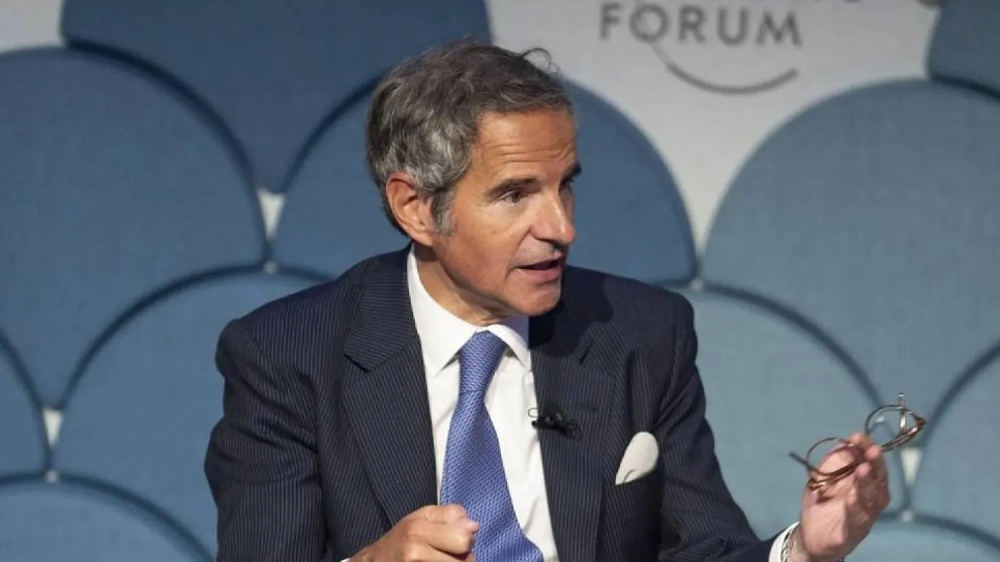
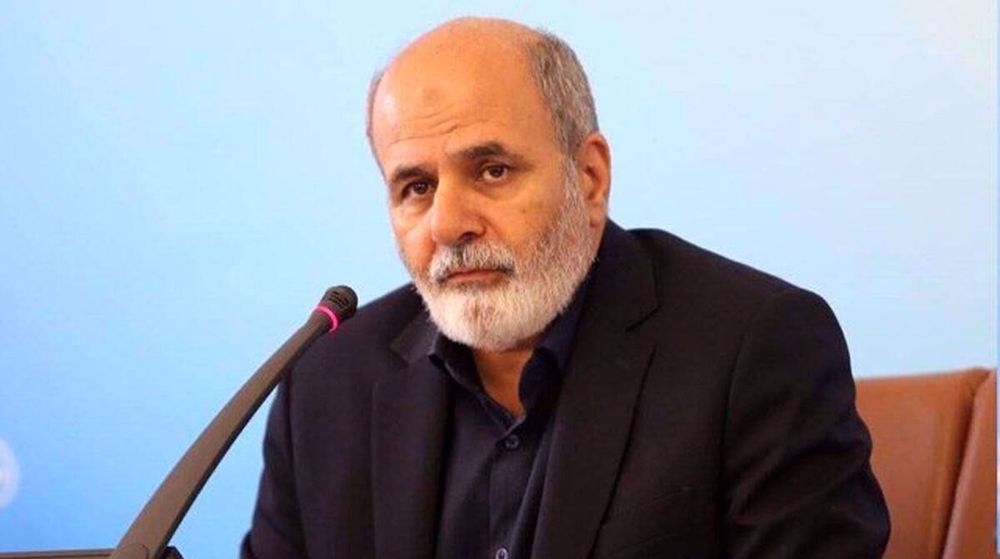
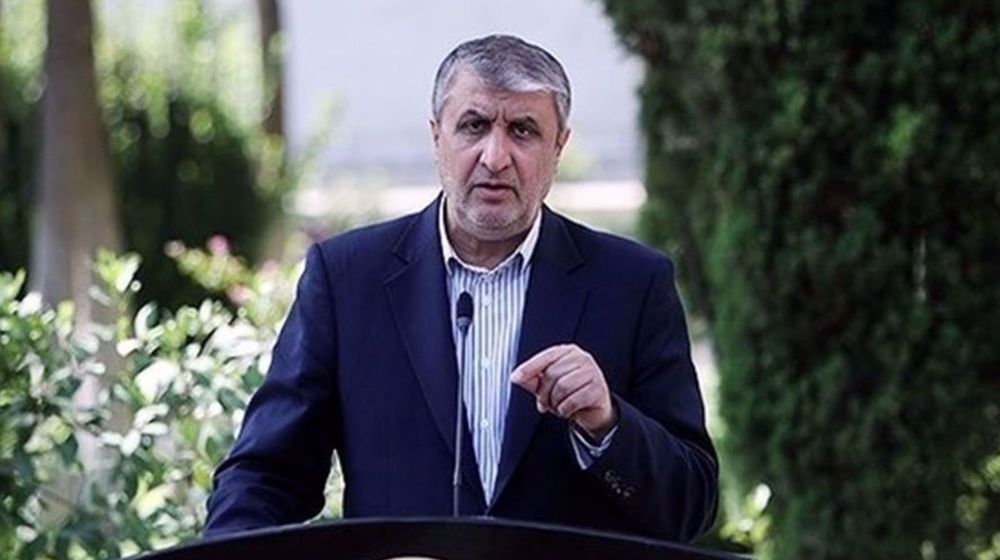
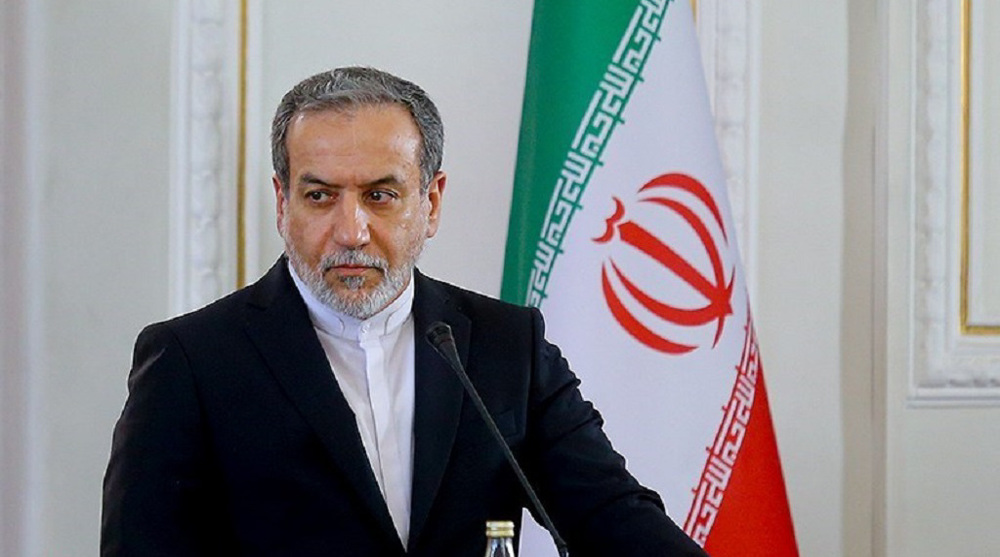
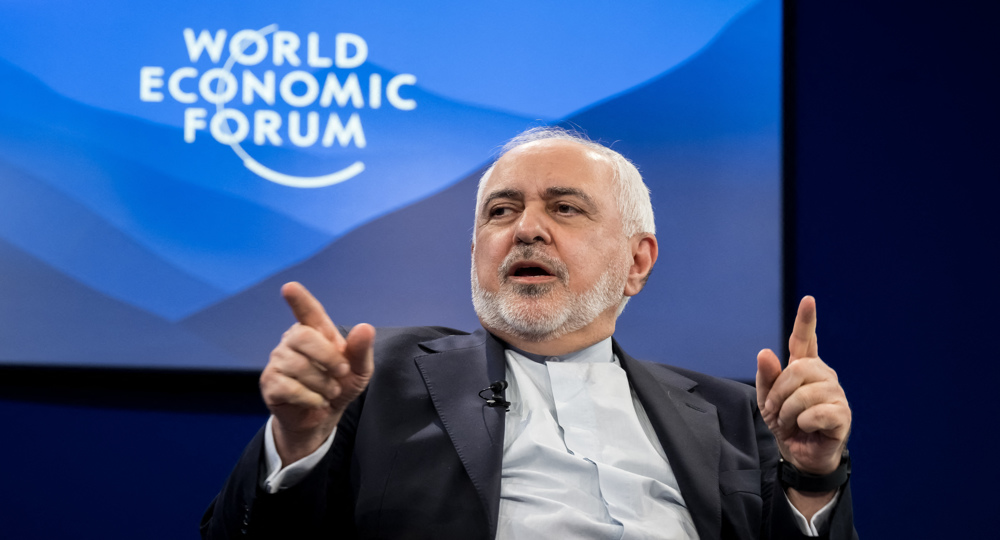
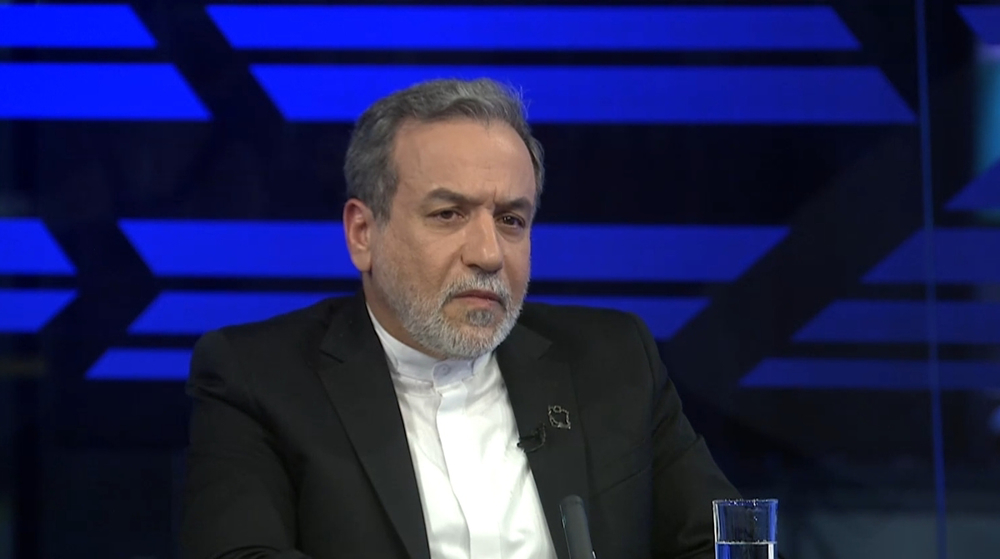



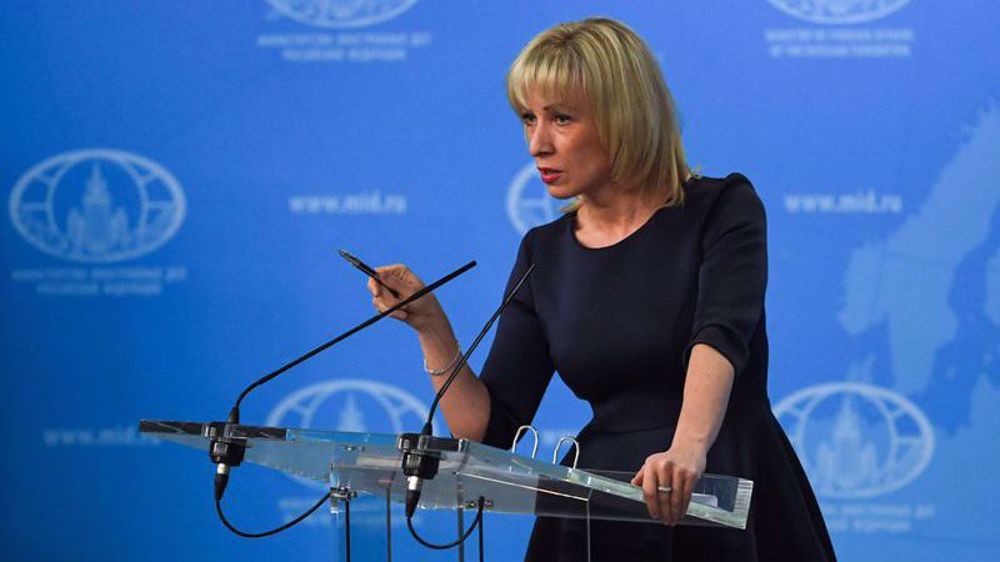

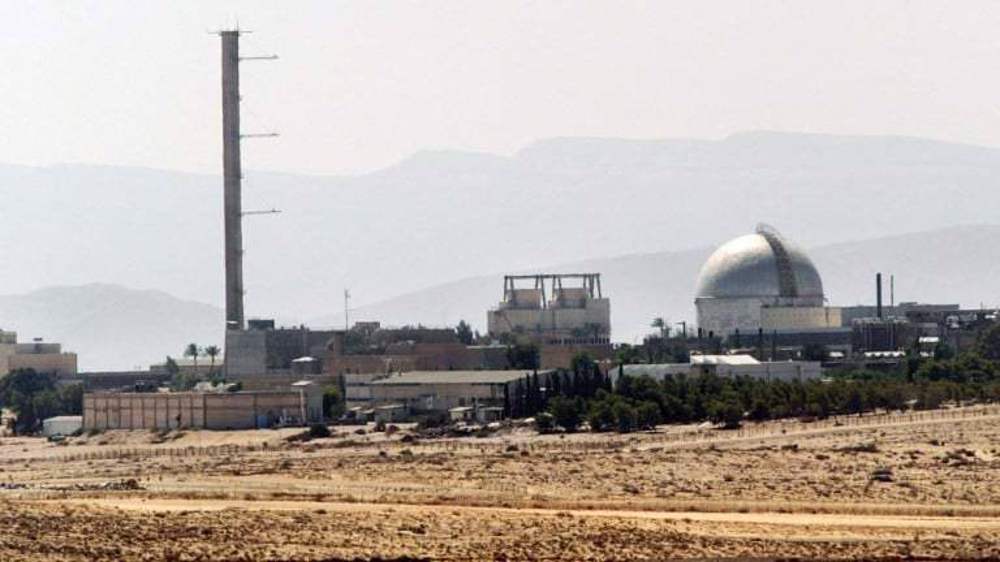

 This makes it easy to access the Press TV website
This makes it easy to access the Press TV website